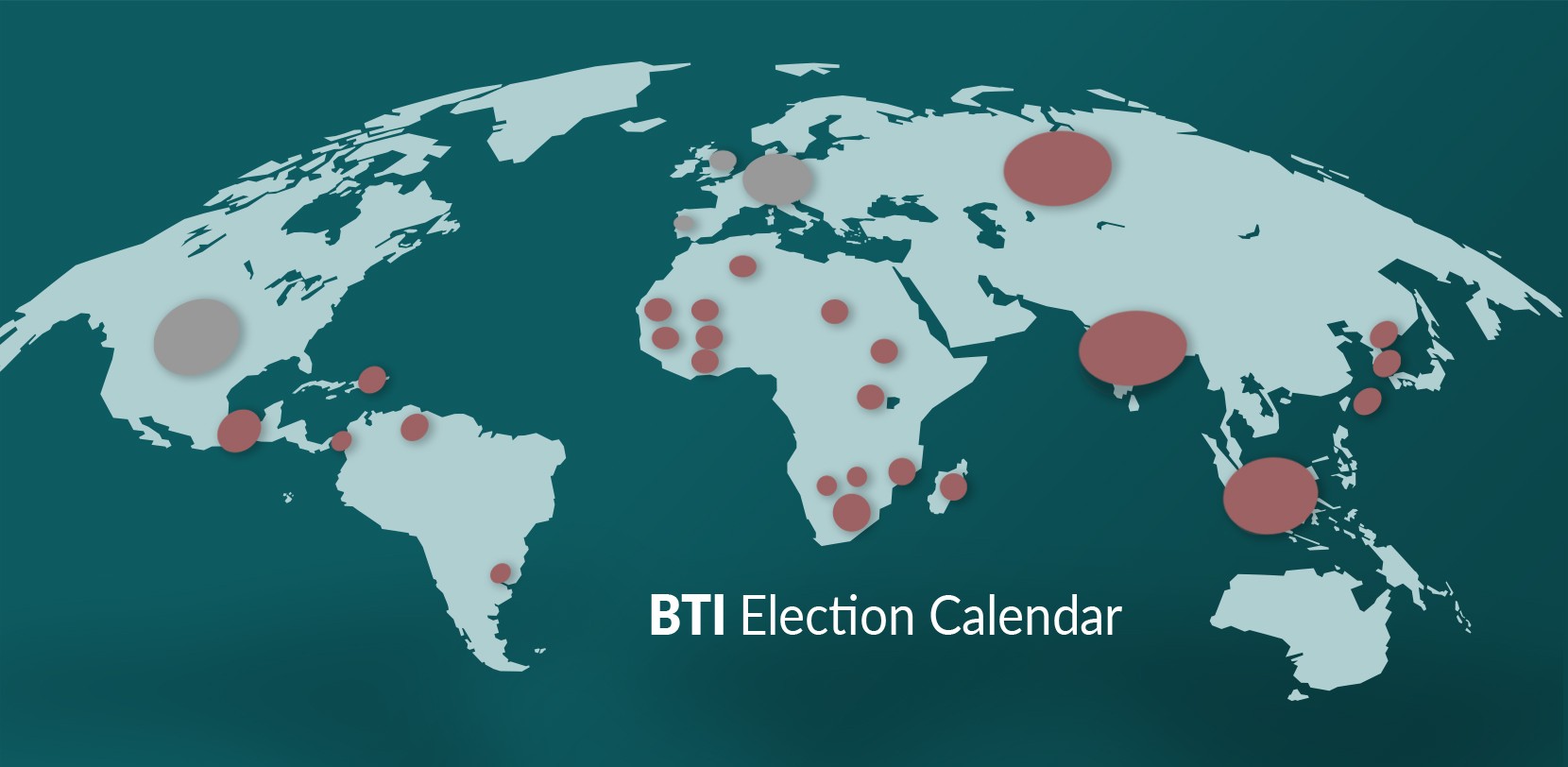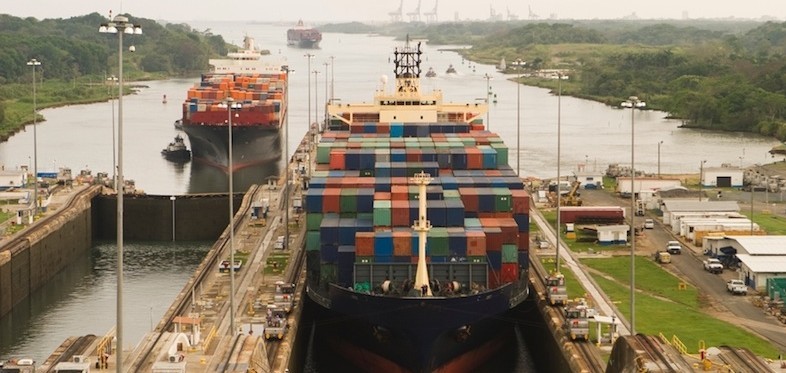Panama’s democracy faces significant structural challenges. Corruption, political interference and a lack of transparency have rendered institutions inefficient. Executive overreach to other branches of government and the influence of individual actors further exacerbate the situation. The country grapples with its largest social crisis in years, spurred by disenchantment with politics and the economy.
While Panama’s post-COVID-19 economic recovery surpasses other Latin American nations, poverty and inequality remain high. Inflation and the institutional inability to address urgent reforms persist. The greatest problems to economic development in Panama are the country’s weak institutional framework, which impedes the development of micro, small and medium-sized enterprises, coupled with the increasing level of the informal economy.
Panama experiences widespread discontent with governance. The Cortizo government, in office since July 2019, has failed to implement some of the measures contemplated in the 2020–2024 Strategic Plan. Management of welfare policies, including employment, security, healthcare, and education, remains inadequate. Insecurity driven by drug trafficking is increasing, while poverty remains the main social problem.

